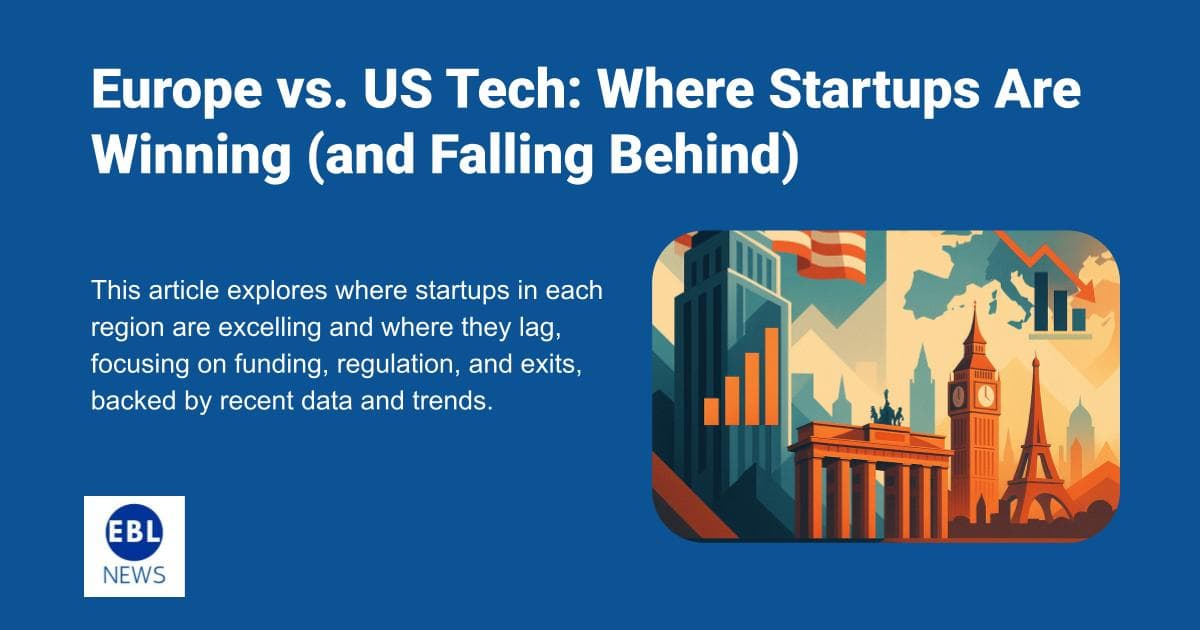The Future of AI in Europe: Investments, Policies, and Challenges
Artificial Intelligence (AI) is rapidly transforming industries worldwide, and Europe is striving to position itself as a leader in this technological revolution. With increasing investments, regulatory frameworks, and strategic collaborations, the European AI ecosystem is evolving. However, significant challenges remain in achieving competitiveness with global AI powerhouses like the United States and China. This article explores the future of AI in Europe through the lenses of investment, policy, and key hurdles that must be overcome.
Investments in AI: Scaling European Innovation
Europe has recognized the strategic importance of AI and is actively investing in its development. The European Commission has committed billions of euros to AI research, with initiatives such as the Digital Europe Programme and Horizon Europe funding AI-driven projects. Additionally, national governments are launching AI strategies to support local innovation.
The European Investment Bank (EIB) has also increased funding for AI startups, ensuring that promising ventures receive the capital needed to scale. Private sector investments are growing, with European companies like DeepMind (UK), Mistral AI (France), and Aleph Alpha (Germany) emerging as key players in AI development. However, despite these efforts, European AI investment still lags behind the U.S. and China, where venture capital funding and public-private collaborations are more aggressive.
Policies Shaping the AI Landscape
Europe has taken a unique approach to AI governance, emphasizing ethics, privacy, and human-centric AI. The European Union’s AI Act, the first major regulatory framework for AI, aims to establish rules ensuring transparency, accountability, and fairness in AI applications. This legislation categorizes AI systems based on risk levels, placing strict regulations on high-risk applications while fostering innovation in lower-risk areas.
Furthermore, the General Data Protection Regulation (GDPR) remains a crucial part of AI policy, ensuring data privacy and security. While these regulations help create a trustworthy AI environment, they also pose compliance burdens that may slow down innovation compared to more flexible regulatory environments like those in the U.S. and China.
Challenges Facing European AI Development
Fragmented Market & Lack of Scale – Unlike the U.S. or China, where AI development benefits from a unified market, Europe’s AI landscape is fragmented across multiple countries with different policies, languages, and regulatory frameworks. This makes it harder for startups to scale quickly.
Talent & Brain Drain – Europe produces top AI talent through its leading universities, yet many AI researchers and engineers leave for Silicon Valley or China, where salaries, funding, and career opportunities are more attractive.
Regulatory Hurdles – While the AI Act ensures ethical AI use, its stringent regulations may discourage investment and slow innovation, particularly in high-risk applications like autonomous vehicles and healthcare AI.
Computing Power & Infrastructure – European AI companies often lack access to large-scale computing resources, which are essential for training advanced AI models. The EU is working on initiatives like the European High-Performance Computing Joint Undertaking to address this issue.
The Path Forward
To remain competitive in AI, Europe must strike a balance between regulation and innovation. Increasing funding, fostering cross-border collaborations, and developing AI-friendly policies that encourage investment will be crucial. If Europe can overcome its structural challenges, it has the potential to emerge as a global AI powerhouse, offering a model of ethical and human-centric AI leadership to the world.




